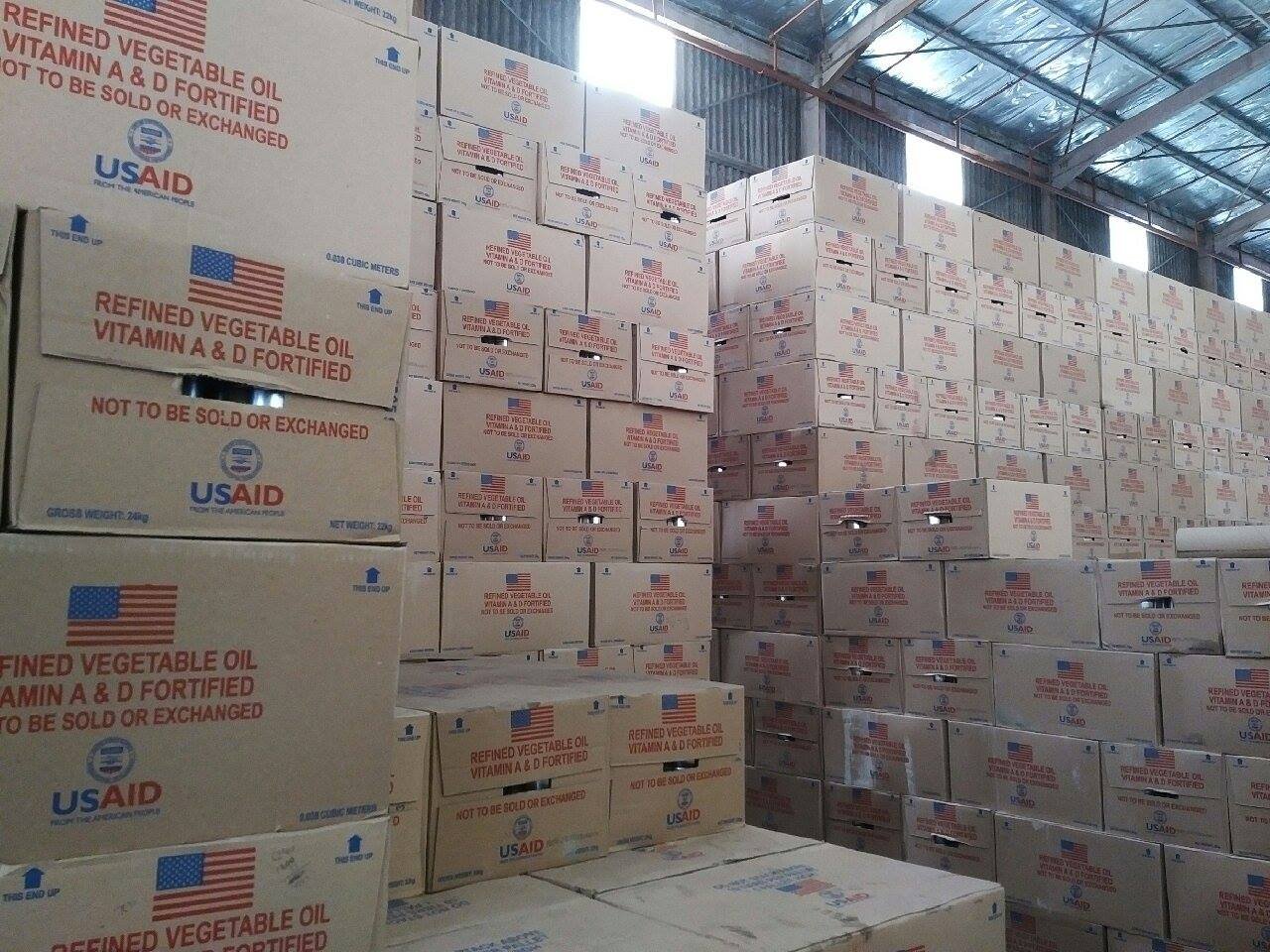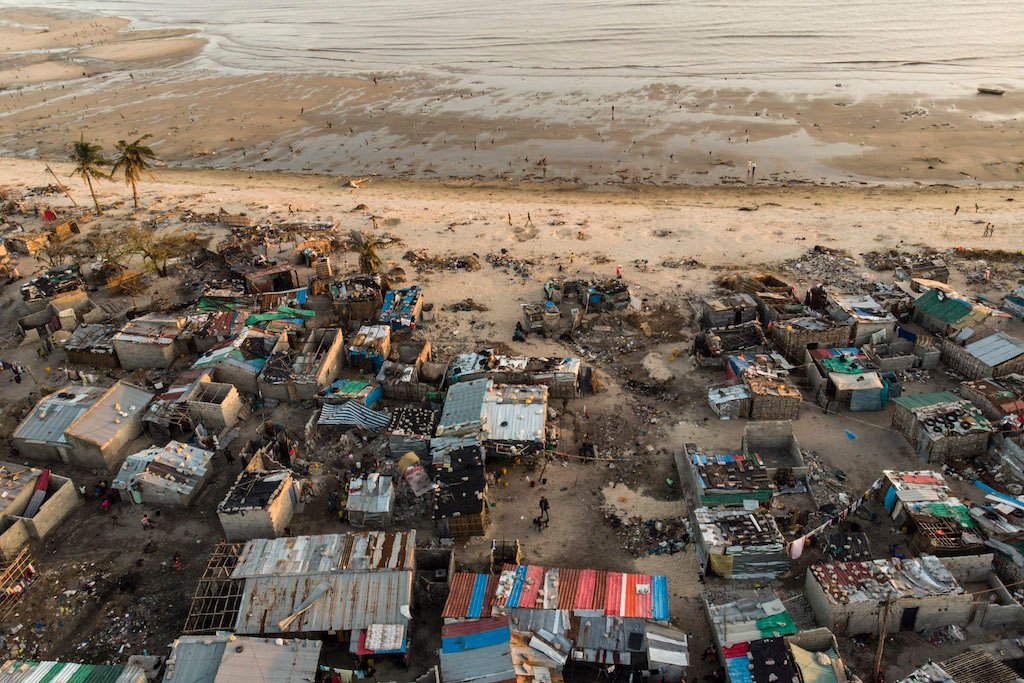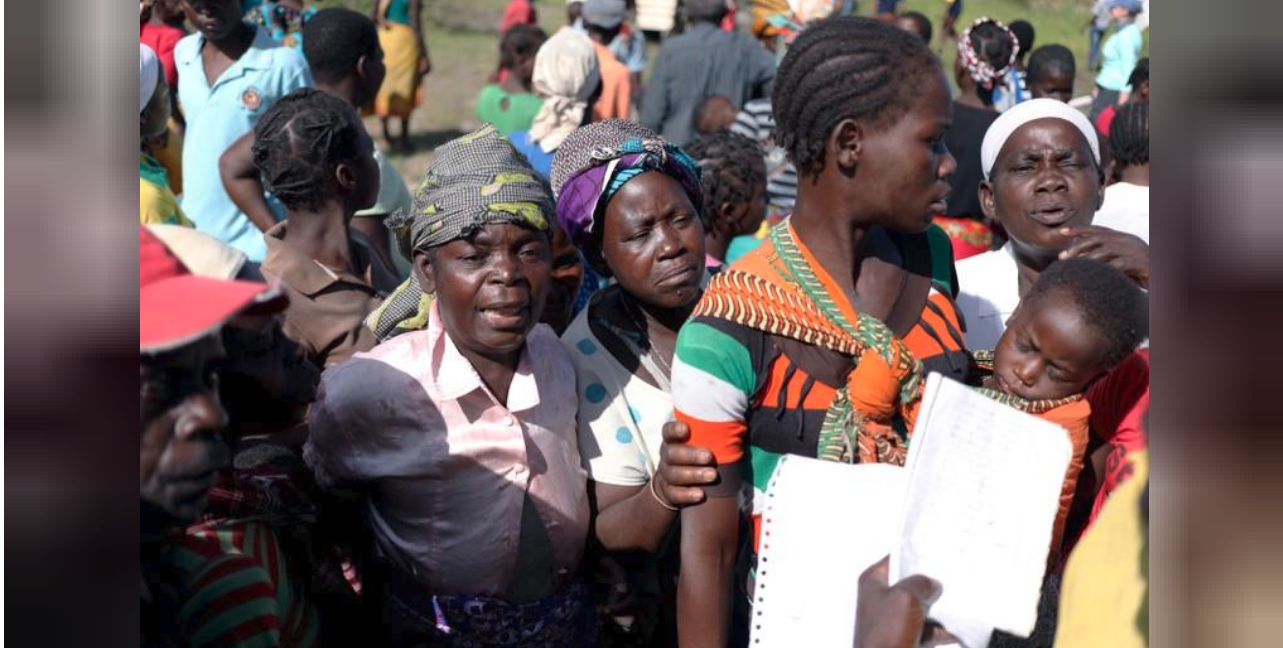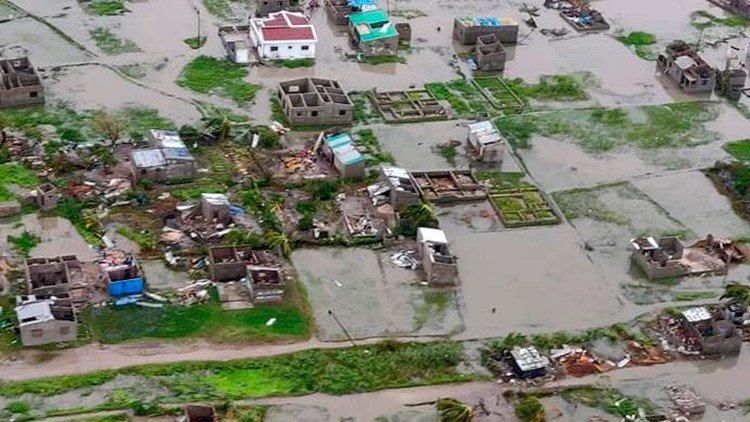Harare – The United States Government has provided an additional $600,000 to assist smallholder farmers in Chimanimani District to recover and rebuild their lives following Cyclone Idai.
Smallholder farmers are expected to grow high value crops, cereals, and pulses, and improve nutrition and hygiene.
As part of these efforts, USAID will provide smallholder farmers with 138,000 kg of locally procured seed and 305,000 kg of fertilizer.
US Ambassador to Zimbabwe Brian Nichols said the funding will help farmers rebuild their lives following the catastrophe.
“The United States continues to stand with the people of Zimbabwe. The funding towards recovery efforts from USAID will help communities in Chimanimani District rebuild their lives following the tragedy of Cyclone Idai. This contribution will help communities meet their short and long term food security needs and assist them on their journey to self-reliance.” said Ambassador Nichols
This additional contribution complements previous Cyclone Idai relief efforts through USAID’s Office of Food for Peace and Office of Foreign Disaster Assistance, and brings the total U.S. Government commitment to $3.2 million.
USAID supports immediate food needs of 133,000 individuals in the most affected areas, providing 2,000 metric tons of sorghum, vegetable oil, and fortified cereals. In addition, USAID supported a two month activity that provided water, sanitation, hygiene, and shelter to 36,400 individuals in cyclone-affected areas of Manicaland Province.
The U.S. Government is working in partnership with the Government of Zimbabwe, other donor governments, UN agencies, non-governmental organizations, local relief groups, and others to provide timely emergency relief and disaster recovery to those impacted by the cyclone.
Approximately 1,700








